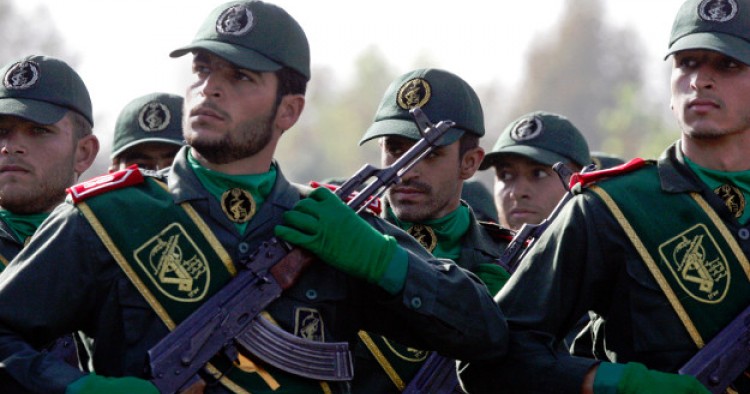Ali Tayyeb-Nia, Iran’s Minister of Economy, appeared in front the parliamentarians and defended the Rouhani government’s policies to combat large-scale smuggling operations that hurt the Iranian economy. Tayyeb-Nia claimed that the value of smuggled good into Iran has decreased from “$25 billion to $15 billion.”
However, he pointed out at the same time that his ministry and agencies that work under the auspices of the Ministry of the Economy cannot tackle smuggling when it occurs “outside of their monitoring.” In this regard, however, the young Iranian minister provided very few details about the specifics of those involved in smuggling in the country.
Many of the ministers of President Rouhani, and including himself, have been supremely cautious in pointing fingers at the Islamic Revolution Guards Corps (I.R.G.C.) even as the organization is widely believed in Iran to play a big role in large-scale smuggling operations.
It was Iran’s former President Mahmoud Ahmadinejad who first raised the issue publicly. In a speech in which he referred to the I.R.G.C. generals as my “brother smugglers,” Ahmadinejad then in 2012 urged the leadership of the corps to stop circumventing state agencies and procedures as a way of enriching its members at the expense of the national economy.
The Rouhani government, which has a fare more contentious relationship with the I.R.G.C., has been much less reluctant to engage in a name-and-shame policy toward the I.R.G.C., which Ahmadinejad attempted to do. Instead of pressing the I.R.G.C. into changing its ways, Rouhani continues to look for ways to incorporate I.R.G.C. interests in the government’s economic policies.
The Middle East Institute (MEI) is an independent, non-partisan, non-for-profit, educational organization. It does not engage in advocacy and its scholars’ opinions are their own. MEI welcomes financial donations, but retains sole editorial control over its work and its publications reflect only the authors’ views. For a listing of MEI donors, please click here.













